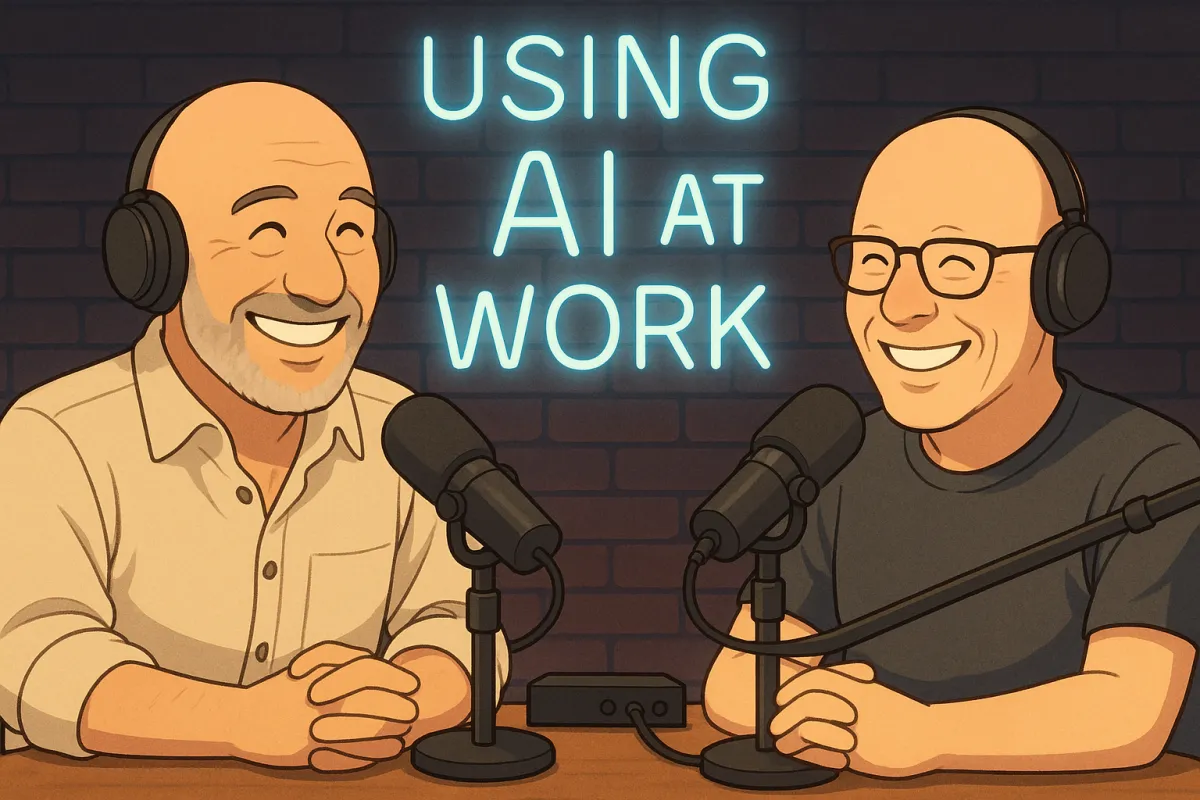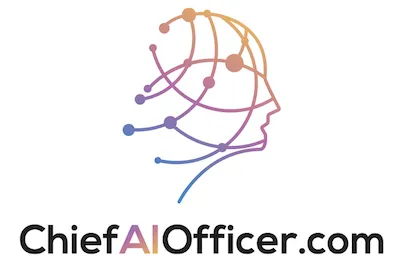
Using AI Agents at Work: Governance, Security, and Real-World Wins with Oren Michaels
AI Agents at Work: Governance, Security, and Real Wins
A new episode of Using AI at Work explores the critical transition from chat interfaces to AI agents that actually take action in your business. Host Chris Daigle sits down with Oren Michaels, founder of Barn Door AI, to discuss how companies can safely deploy AI agents while maintaining proper governance and security controls.
The Evolution from Chat to Action
While ChatGPT and similar tools excel at suggesting what humans should do, AI agents represent the next leap forward by actually performing those tasks. As Michaels explains, "An agent takes action rather than merely suggesting action. It can write back to things, perform actions, click on things, write things, delete things."
However, this power comes with significant responsibility. Unlike human employees who arrive with discretion and fear of being fired, AI agents possess neither quality. They're essentially "really enthusiastic interns" that need careful monitoring and gradually increasing levels of authority as they prove themselves capable.
The Security Challenge
The conversation reveals a crucial distinction in AI security. Traditional cybersecurity focuses on protecting against external threats, but AI agents present a different challenge: well-intentioned employees who might inadvertently cause problems while trying to accomplish their jobs.
This is where governance frameworks become essential. Companies need systems that can monitor what agents attempt to do, verify those actions align with expectations, and grant permissions based on multiple factors including the human user's role, the specific agent being used, and the systems being accessed.
Real-World Applications and Quick Wins
Michaels shares practical examples of successful agent deployments across different business functions:
Marketing: Agents can automate campaign management and research potential customers by analyzing investor portfolios and creating personalized outreach materials.
Finance: Repetitive reporting tasks that traditionally take 30-45 days could be reduced to minutes or even seconds through intelligent automation.
Contract Management: AI agents can redline contracts and determine acceptable terms, accelerating the sales process while maintaining consistency.
The key is starting small with low-risk, repetitive tasks and gradually expanding capabilities as agents prove their reliability.
The MCP Protocol and Growing Demand
A significant driver of recent interest in AI agents is the Model Context Protocol (MCP), introduced just six months ago. This protocol allows AI systems to interact with business tools like Salesforce, Notion, and other enterprise software. However, MCP lacks built-in security controls, creating what Michaels describes as powerful pipes without rules.
This technical development has accelerated both adoption and demand for governance solutions, as companies recognize they need oversight before deploying agents that can access and modify critical business systems.
Implementation Strategy
For companies ready to explore AI agents, Michaels recommends treating them like new employees: start with limited access, monitor their performance, and gradually increase responsibilities as they demonstrate competence. The governance framework should map to existing human permissions while often being more restrictive due to the agent's speed and potential for unintended consequences.
The conversation emphasizes that successful AI agent deployment requires collaboration between multiple roles: the person tasked with driving AI initiatives, line-of-business representatives who understand the work being automated, and infrastructure/security teams who ensure safe implementation.
Looking Ahead
Rather than searching for one universal AI agent, Michaels predicts companies will use multiple specialized agents, similar to having different tools for different jobs. The ability to quickly test and replace agents as better options emerge represents a significant advantage over human hiring processes.
As the AI arms race intensifies, companies face a choice: embrace these new technologies or risk falling behind competitors who successfully harness AI agents to work faster, smarter, and more efficiently.
Ready to learn more about implementing AI agents safely in your organization? Listen to the full episode for detailed insights on governance frameworks, security protocols, and real-world success stories that can guide your AI strategy.

